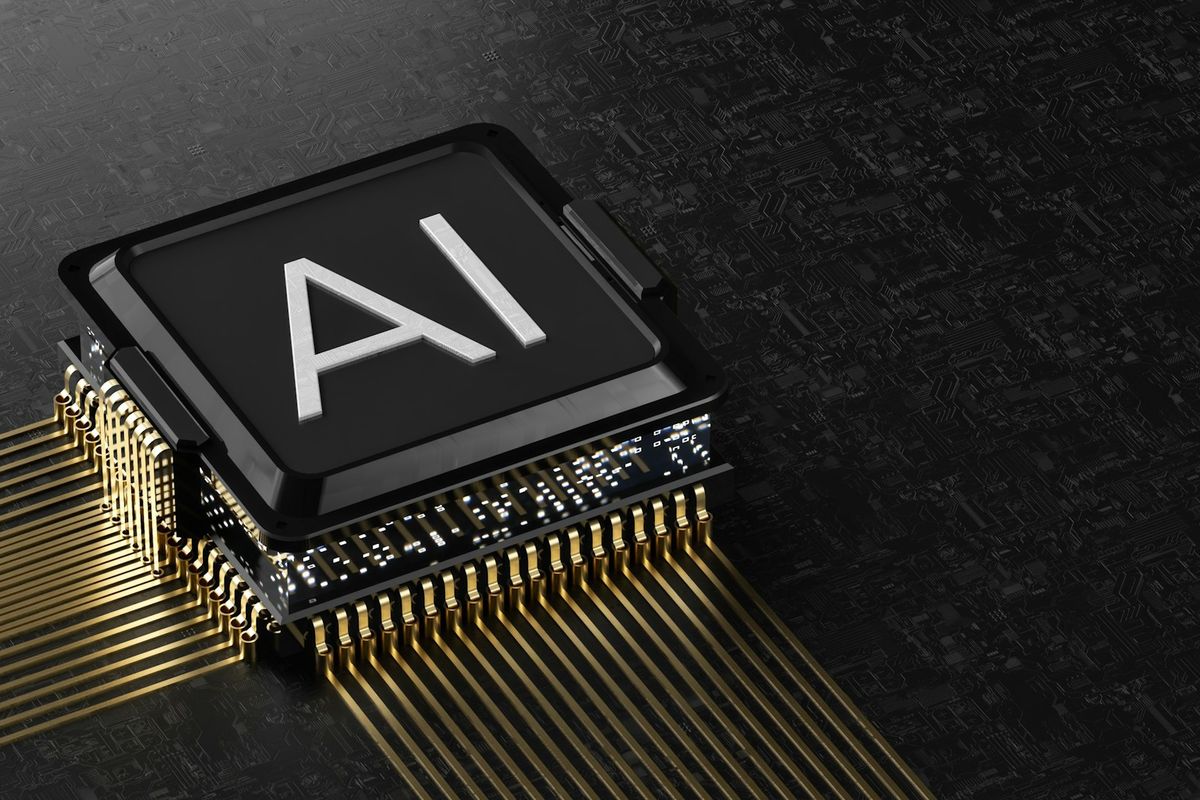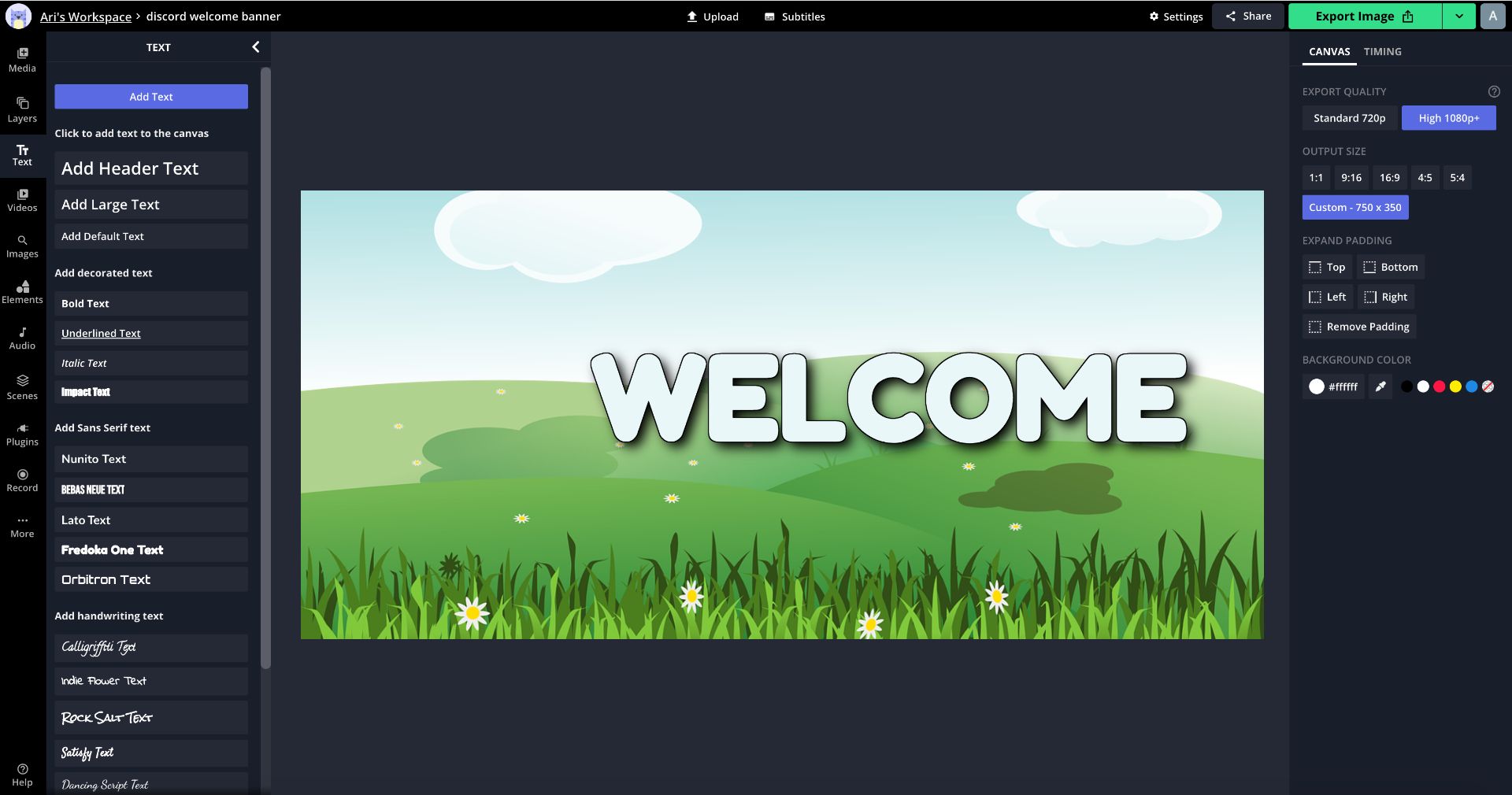

AI agents are fascinating! They're like digital teammates that work on their own, handling tasks, chatting, and learning as they go. These autonomous systems are designed to make decisions and take action without needing human intervention.
They perceive and gather data, then use machine learning models to make decisions and execute tasks. It's like having a super-smart assistant that keeps getting better with every interaction. They operate in digital ecosystems using communication protocols that ensure they understand what needs to be done and how.
Here's a quick breakdown of what makes AI agents tick:
Understanding these digital assistants is key to leveraging their full potential in boosting productivity and efficiency. They're not just about automation; they're about smart, adaptable solutions that evolve with your business needs.
AI agents communicate with each other through standard protocols that ensure reliable data exchange. These protocols define clear rules for formatting, sending, and receiving information between agents.
When sharing data, AI agents rely on structured formats like JSON and XML. JSON works well for quick exchanges because it's simple and lightweight. XML provides more options through its nested structure, which helps manage complex information.
AI agents use several protocols:
These protocols enable AI agents to operate independently while staying connected. Each agent can monitor its surroundings, process information, and complete tasks effectively. By following these communication standards, AI agents integrate smoothly into digital systems and continue to develop their capabilities. This standardized approach ensures AI systems remain reliable across many applications. For more insights into how we manage and optimize these processes, you can explore the Mee.fun platform which emphasizes the comprehensive management and coordination of AI agents within organizations.
AI agents have a knack for negotiating and making decisions. They use frameworks and algorithms that help them work things out smoothly. These methods are crucial for resolving conflicts and making the best choices.
Negotiation among AI agents involves a structured process. Let's break it down:
These steps ensure agents can handle complex interactions and reach beneficial outcomes.
Decision-making scenarios vary widely. Imagine an AI agent managing inventory levels. It analyzes sales data to decide when to reorder stock. Or consider an agent in customer service, choosing the best response to a customer query based on past interactions.
Frameworks like game theory and decision trees are often used. Game theory helps agents evaluate outcomes based on various strategies. Decision trees break down choices into manageable steps, guiding agents through potential paths.
These methods enable AI agents to function effectively, adapting to new challenges and optimizing decisions over time. Their ability to negotiate and decide enhances their role in digital ecosystems.
AI agents need to communicate securely to protect data and maintain trust. Security measures ensure that information exchanged between agents remains confidential and tamper-proof. Authentication and encryption are key components in safeguarding these interactions.
Each agent uses authentication mechanisms to verify identity. These include:
Encryption plays a crucial role in protecting data. It scrambles information so only authorized agents can read it. This prevents unauthorized access and maintains data integrity. For more details on how data is collected, used, and protected, you can refer to our Privacy Policy for Mee.fun, which outlines comprehensive data security measures and user rights.
AI agents also comply with data protection standards. They follow regulations like GDPR and CCPA to ensure users' data is handled with care. Regular security audits help identify vulnerabilities and strengthen defenses.
Challenges arise in balancing security with performance. Ensuring fast and efficient communication while maintaining high security standards is complex. Solutions involve optimizing protocols and using advanced encryption techniques.
Overall, secure communication among AI agents is vital for trust and efficiency. By implementing strong authentication and encryption methods, agents can safely interact, ensuring data privacy and security.
Implementing and scaling AI communication systems comes with its own set of challenges. Ensuring protocol compatibility, managing errors, and maintaining synchronization are key concerns. These challenges can impact the reliability and efficiency of multi-agent systems.
Compatibility issues arise when integrating AI agents with existing systems. Each system may have different protocols and data formats, which can lead to communication breakdowns. Ensuring that all agents understand and adhere to the same protocols is crucial.
Errors are another hurdle. They can occur during data transmission, leading to incomplete or incorrect information being shared among agents. This can disrupt workflows and lead to inefficiencies. Robust error-handling mechanisms are essential to mitigate these issues.
Synchronization is vital for seamless operation. AI agents often work on tasks that require precise timing and coordination. Without proper synchronization, agents may act on outdated information or duplicate tasks, reducing overall system performance.
Here are some examples of challenges faced:
Addressing these challenges involves developing standardized protocols, implementing error-checking systems, and enhancing synchronization techniques. By tackling these hurdles, AI communication systems can become more reliable and efficient, ultimately improving their ability to support complex tasks and operations. For those interested in the legal and operational framework surrounding AI agents, it's important to review the Terms of Service for Mee.fun, which provide detailed insights into user responsibilities and platform policies.

AI agent communication transforms how industries operate. In healthcare, these agents streamline processes like patient service and data analysis. They handle appointment scheduling and offer personalized care recommendations. Hospitals leverage AI agents to improve patient outcomes and operational efficiency.
Customer service is another area where AI agents shine. They provide quick responses to customer queries, ensuring seamless interactions. AI agents can handle multiple requests simultaneously, freeing human agents to focus on complex issues. This boosts service quality and customer satisfaction.
Finance sectors benefit significantly from AI agent communication. These agents analyze market trends and offer investment recommendations. They assist in preparing for client meetings with tailored insights. AI agents enhance decision-making and streamline financial operations.
In manufacturing, AI agents optimize supply chains by monitoring inventory levels and predicting maintenance needs. They ensure timely production and reduce downtime, increasing productivity.
Bullet points for industries and examples:
AI agent communication is crucial for enhancing efficiency and productivity across various industries. These systems ensure reliable data exchange and coordination, driving better outcomes and operational success. For those interested in exploring creative solutions and fostering innovation within their operations, our platform encourages users to engage with tools and resources designed to enhance creativity and collaboration.
AI communication is evolving fast, bringing new possibilities to the table. Advanced negotiation techniques are set to change how AI agents interact. These methods will enable agents to manage complex transactions and collaborations more efficiently.
Contextual understanding is another area seeing big improvements. Future AI agents will better grasp the nuances of the information they process. This will lead to smarter interactions and more accurate responses, enhancing their role in various systems.
Here are some trends and their potential impacts:
Enhanced Negotiation Techniques: These will allow AI agents to handle intricate tasks and negotiations, improving collaboration and task execution.
Improved Contextual Understanding: Agents will interpret data more accurately, resulting in better interaction quality and decision-making.
Autonomous Decision-Making: With increased autonomy, agents will make decisions with minimal human input, boosting efficiency.
Adaptive Communication Frameworks: These frameworks will enable agents to adapt communication styles based on the context, making them more versatile.
These innovations will transform how AI agents integrate into organizational processes. They'll become more reliable partners in business operations, enhancing productivity and supporting growth. As these technologies develop, expect AI agents to play an even more integral role in the business landscape.
AI communication systems transform businesses by making data exchange and decisions faster. Understanding these systems helps companies use them to improve their work and get more done.
Here are the key ways AI agents communicate:
Autonomous Interaction: AI agents work on tasks by themselves, which means less need for human oversight.
Data Exchange Protocols: Common formats like JSON and XML help agents share information clearly.
Security Measures: Strong protection keeps data safe and private through authentication and encryption.
Negotiation Techniques: Clear steps help agents solve problems and choose the best options.
AI communication systems make teamwork, resource use, and task tracking better. AI agents handle many conversations at once, giving fast and precise answers. This frees up people to tackle harder problems, leading to better work and service quality.
These systems create a base for flexible solutions that grow with your business and make digital work better. Companies that use these tools stay ahead by finding new ways to improve.





